After more than two weeks since the launch, the “Green Footprint” challenge under the “UEH Zero Waste Campus” project has provided students with highly engaging activities and many interesting experiences through learning green living knowledge on the online platform “UEH Zero Waste Campus.”
The campaign poster for the "Green Footprint" Challenge
With the message of sustainable green living, applying the 3R model, educating, and raising awareness among students at UEH, the "Green Footprint" Challenge, in conjunction with the "UEH ZERO WASTE CAMPUS" website, has consolidated all useful information regarding green living and essential knowledge to enhance awareness of sustainable lifestyles among UEH students.
Throughout the activities that have taken place, the Challenge has garnered enthusiastic interest and support from UEH students. From September 2, 2022, to September 18, 2022, the Challenge occurred on the Youth UEH Community Fanpage, in which the organizers recorded more than 700 students participating in all three activities.
Activity 1: Reduce - Minimize Waste - Small Actions, Big Benefits.
With the topic: “List the amount of plastic items you have used/discarded in a day, and write a short paragraph explaining how you could minimize it.” More than 700 writings on this topic, using fluent language and profound meanings, have been submitted by UEH citizens to the organizing committee.
Some impressive writings from green citizens of UEH:
Activity 2: Reuse - Create a Future.
Taking place a week after the Reduce Challenge, the momentum of the "Green Footprint" challenge shows no signs of waning, with nearly 700 UEH participants adhering to the rules.
A few contributions from UEH students in the Reuse challenge, which requires participants to choose two random items from their lives (for example: a pen, a cup, a cardboard box, etc.) and complete the template as requested.
Activity 3: Recycle - Transforming Waste into Masterpieces.
According to statistics from data received by the organizing committee, the Recycle Challenge activity has attracted the most students in the series of the "Green Footprint" Challenge, with over 700 participants. This serves as clear evidence that the activities belonging to the UEH Zero Waste Campus project become increasingly appealing as they progress toward their final stages, attracting more students.
Official answers for the Recycle Challenge:
Question 1: Reusing plastic bags multiple times is called "Recycling."
Answer: False. The definition of "Recycling" is the process by which waste or unnecessary materials (scrap) become new materials. Therefore, recycling plastic bags occurs when you transform those plastic waste bags into new items or sort the plastic bags for collection by recycling factories.
Question 2: Recycling helps reduce waste of useful raw materials.
Answer: True. Instead of throwing all types of waste to burn, which both wastes raw materials and causes pollution, recycling can completely address this issue by collecting old raw materials to recreate new raw materials.
Question 3: Recycling can harm the environment when done incorrectly.
Answer: True. For instance, when you use non-recyclable materials such as PVC plastic, PS plastic, etc. These are harmful types of plastic, and recycling them generates toxic waste, which can negatively impact the environment.
Question 4: Glass can be classified as recyclable waste.
Answer: True. Glass can be recycled by factories through collection and sorting; afterthat, it is crushed into small pieces and prepared for the production of new glass.
Question 5: The following logos are symbols of safe recyclable plastic.
Answer: False. These are symbols for PVC, PS, and other toxic plastics, all of which are non-recyclable because they release harmful substances into the environment.
Detailed information can be found at:
https://www.facebook.com/youthueh/posts/5780515658660338
Beyond this, the UEH Zero Waste Campus will continue to bring more meaningful activities in the future. Let’s look forward to the upcoming activities from this green living project!
———————————————————————————
For more detailed information, please contact:
📌 Fanpage: https://www.facebook.com/youthueh
📮 Email: youth@ueh.edu.vn






